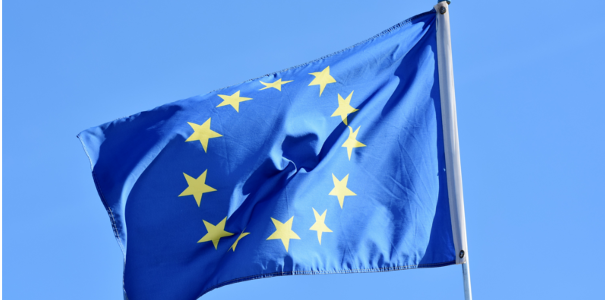On July 1, 2013, Croatia became a full member of the European Union. The Croatian way towards becoming 28th EU member country starts in February 2003, when a full membership application has been submitted. Accession negotiations, which began in October 2005, lasted six years during which Croatia harmonized its legislation with the EU acquis and agreed on the conditions under which such harmonization would be implemented. The Treaty of Accession of Croatia to the EU was signed in Brussels on 9 December 2011 and, after Croatia's referendum was conducted and the Treaty ratified in the parliaments of EU member states, Croatia became a full member.
Croatia, as a full member of the EU, participates in the work of all EU institutions. The second time since accession, Croatian representatives were elected to the EU Parliament: in the elections held on 26 May 2019, 11 MPs elected to represent Croatia in the European Parliament were elected. Croatia will hold the presidency of the Council of the European Union from January to June 2020 and the priorities of the presidency are: economic growth and employment, strengthening of security, energy and transport connectivity and EU enlargement. Nine representatives from Croatia participate in the work of the European Economic and Social Committee and the European Committee of the Regions.
The use of the European funds is of particular importance for Croatia. Croatia finances many large and small projects from the European funds such as construction of the Pelješac bridge, construction and equipping of Pannonian Wood Competence Center in Virovitica, Business incubator in Vukovar, reconstruction of the fortress of St. Nicholas near Šibenik, the infrastructure for visitors to the National Park Brijuni, the Karlovac Freshwater Aquarium and River Museum, the modernization of the Zoological Garden in Zagreb etc.
The two main strategic goals Croatia has in the EU are accessing the Schengen area and the introduction of the euro as the official currency in the Republic of Croatia.


